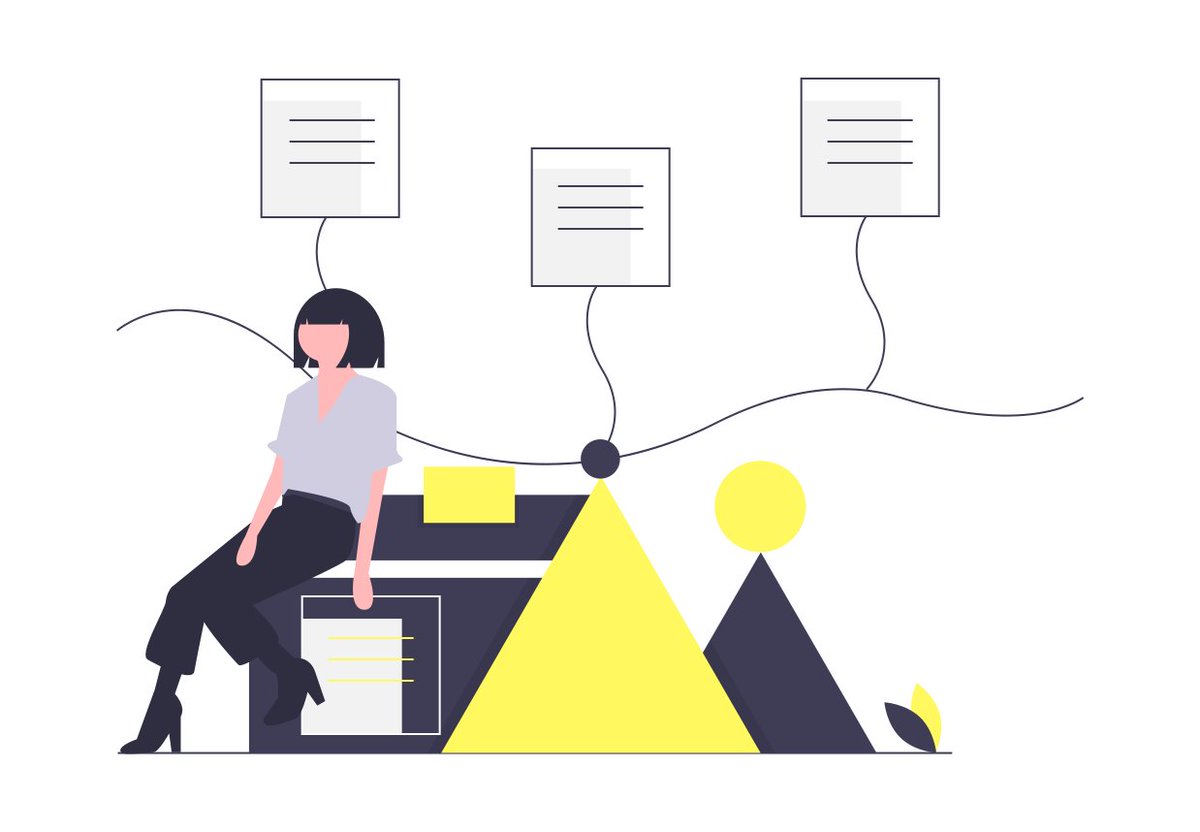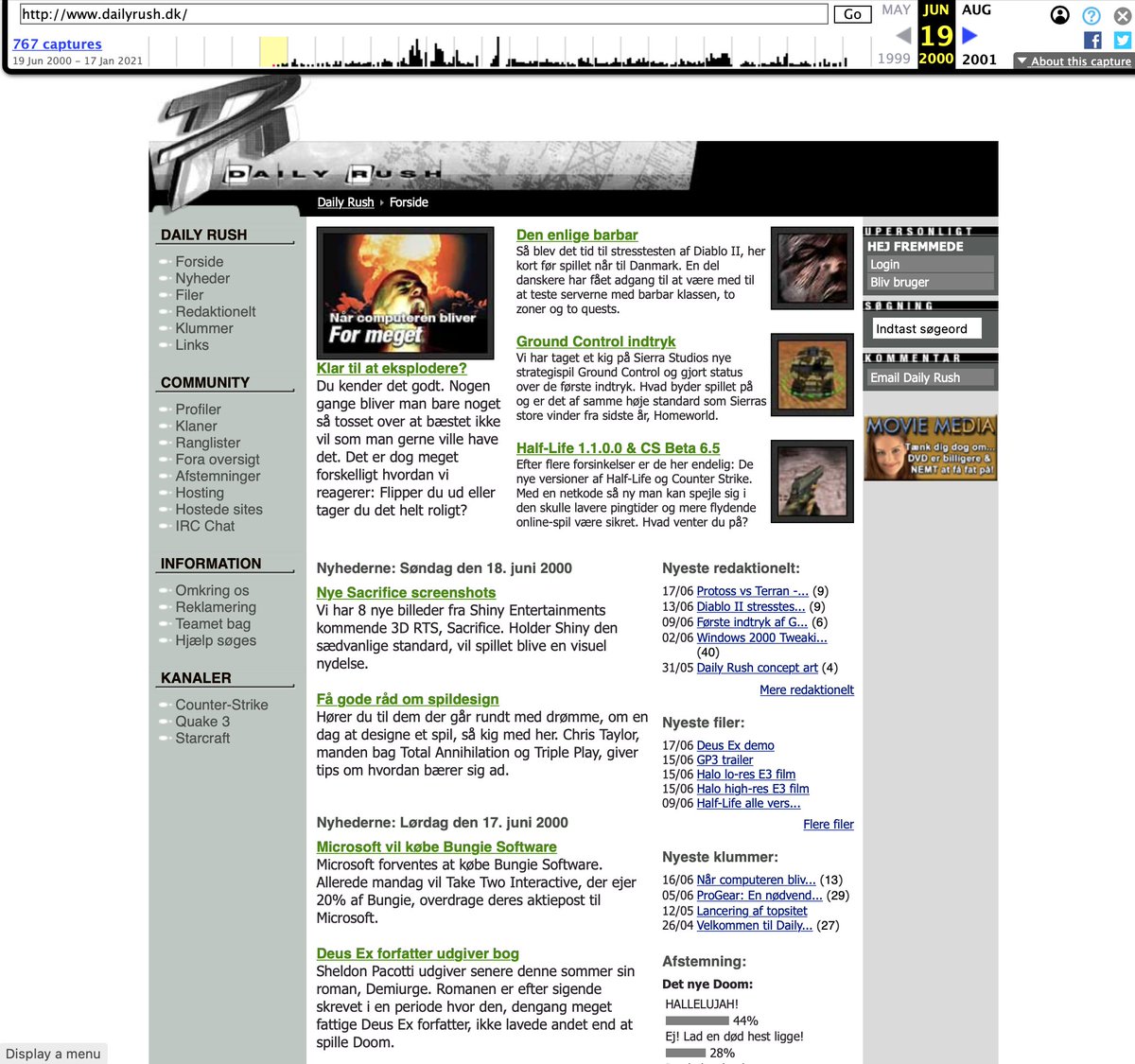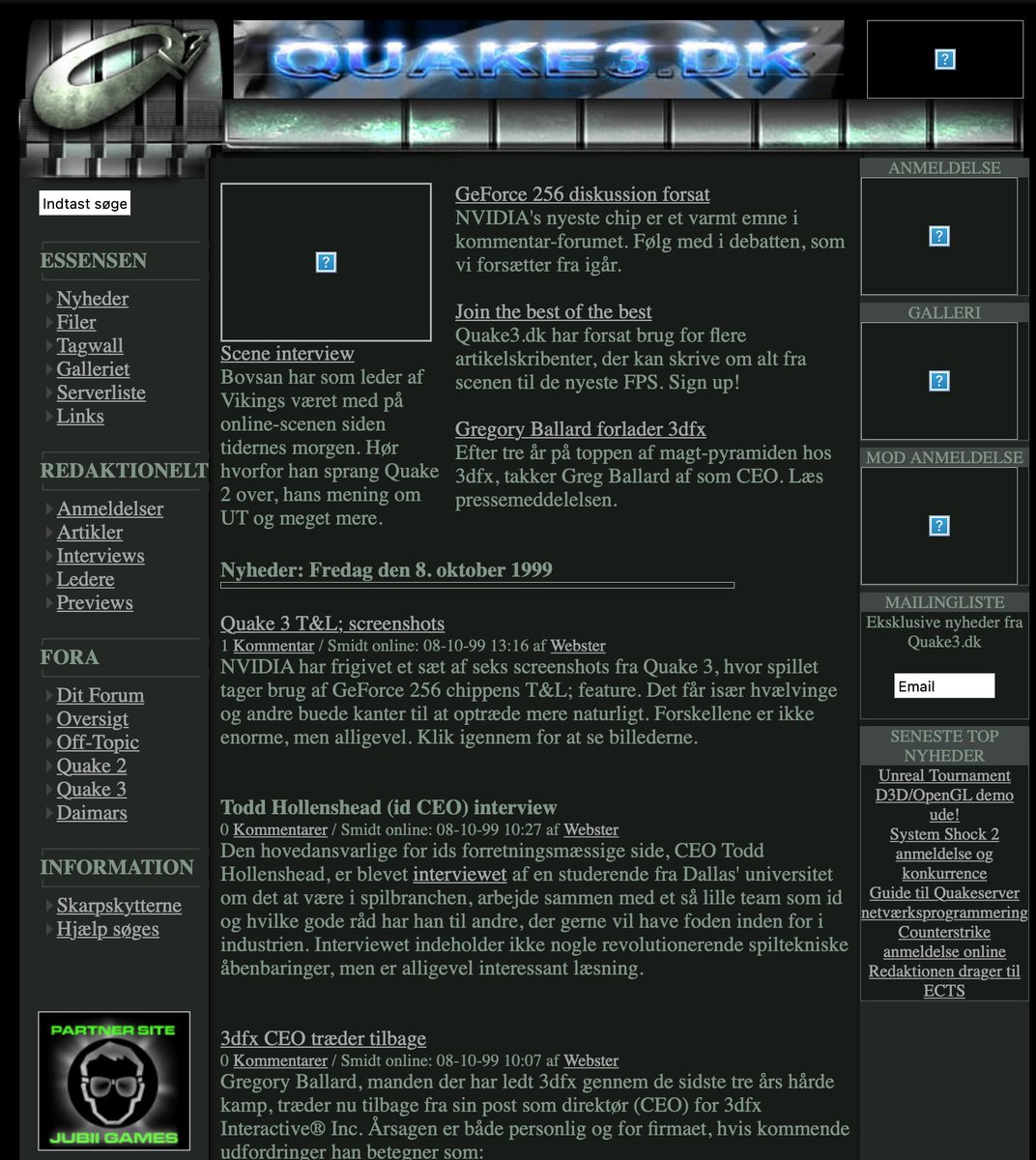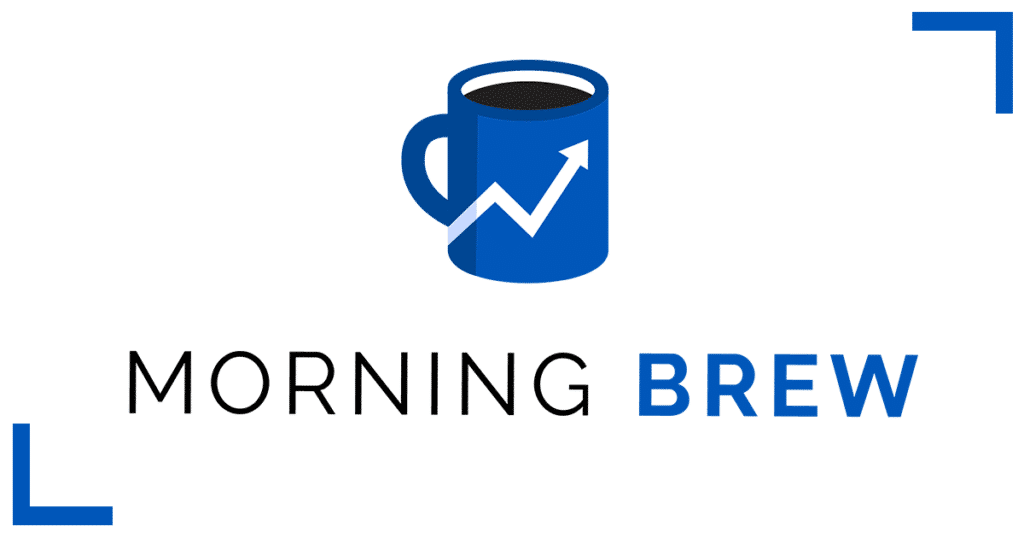People often ask what we do for marketing, and I don't really have a good answer. You don't have to push your product as hard if you're building for a vocal community of passionate people within a growing market. They'll do most of your marketing for you.
A few things I've learned this year from building a small, profitable internet business from zero to $100k ARR in 8 months.
People often ask what we do for marketing, and I don't really have a good answer. You don't have to push your product as hard if you're building for a vocal community of passionate people within a growing market. They'll do most of your marketing for you.
If you don't experience the problem you've set out to solve, you’ll have a slight disconnect between what your problem actually is, who’s experiencing it, and how to reach them. I’ll probably never do another user test in my life.
The web hosting space may be crowded, but the web hosting space for Notion is not. I used to think a niche would limit the total size of my business, but If we capture 1% of all Notion users, we'd be making at least $720k/month—far beyond what's enough for me.
Some of our record signup days came from one of my side projects. The only mention of it was a link to it in the footer of the page. Your side projects don't have to be clearly correlated in order to still correlate.
Although utility should come first, good design can be a huge advantage. Don't underestimate the power of good fonts, colors, layout, imagery, and white space to provide clear value and reduce friction wherever you can.
Opportunities to scale are everywhere, whether it'd be hiring, taking outside investments, or spending on ads. Either of those would have added more to my todo list which I have no interest in. Don't be afraid to grow at the pace you're comfortable with.
More from Startups
On a serious note, it's interesting to observe that you can build a decent business charging $20 - $50 per month for something that any good developer can set up. This is one of those micro-saas sweet spots between "easy for me to build" and "tedious for others to build"
— Jon Yongfook (@yongfook) September 5, 2019
Every year at MicroConf I get surprised-not-surprised by the number of people I meet who are running "Does one thing reasonably well, ranks well for it, pulls down a full-time dev salary" out of a fun side project which obviates a frequent 1~5 engineer-day sprint horizontally.
"Who is the prototypical client here?"
A consulting shop delivering a $X00k engagement for an internal system, a SaaS company doing something custom for a large client or internally facing or deeply non-core to their business, etc.
(I feel like many of these businesses are good answers to the "how would you monetize OSS to make it sustainable?" fashion, since they often wrap a core OSS offering in the assorted infrastructure which makes it easily consumable.)
"But don't the customers get subscription fatigue?"
I think subscription fatigue is far more reported by people who are embarrassed to charge money for software than it is experienced by for-profit businesses, who don't seem to have gotten pay-biweekly-for-services fatigue.
// A THREAD //

Even the small things compound over time... and become huge.
And they become HUGE.
This is the list of small skills that will improve your life A LOT over time, you can't even imagine how much... before you give it a try.
I'll present the skills in form of mini challenges.

1. Type with all ten fingers 10 days - 10 mins in the morning.
Most of us spend a lot of our time behind the computer typing.
Yet, not many people know how to write with all ten fingers —> drastically faster.
You can learn it for free here:
https://t.co/ow2WTHrXBJ

2. Make at least one Zap
Zappier allows you to make micro workflows between the applications you use.
Let's say you have to calendars (work and normal) and you want to sync them all the time —> Zappier

2b. You send an email every month remind your customers to pay the maintenance fee + reminder them if they won't —> Zappier
You want an email notification every time someone edits a Google sheet —> Zappier
Basic version is free. @zapier

Daily Rush was the culmination of years of using the web to do gaming journalism. I started Konsollen all the way back in 1995, then ran https://t.co/zsT3ykQcVk for years in anticipation of Id's shooter, then worked at a web portal, then Daily Rush.
This was how I got into web development, project management, organizing, writing, publishing, and how I met lifelong friends. What a wonderful time. But most good things come to an end. We should all be so lucky to see something we help set in the sea brave the waves for 20 yrs!
It's awesome to see the Internet Archive snapshots from all the way back to the early months of the site. Web design anno 2000 😍

The memory lane trip on the Internet Archive goes all the way back to the precursor to Daily Rush, that https://t.co/zsT3ykQcVk site. Here's a snapshot from 1999! Complete with all the news written by yours truly 😄

You May Also Like
Curated the best tweets from the best traders who are exceptional at managing strangles.
• Positional Strangles
• Intraday Strangles
• Position Sizing
• How to do Adjustments
• Plenty of Examples
• When to avoid
• Exit Criteria
How to sell Strangles in weekly expiry as explained by boss himself. @Mitesh_Engr
• When to sell
• How to do Adjustments
• Exit
1. Let's start option selling learning.
— Mitesh Patel (@Mitesh_Engr) February 10, 2019
Strangle selling. ( I am doing mostly in weekly Bank Nifty)
When to sell? When VIX is below 15
Assume spot is at 27500
Sell 27100 PE & 27900 CE
say premium for both 50-50
If bank nifty will move in narrow range u will get profit from both.
Beautiful explanation on positional option selling by @Mitesh_Engr
Sir on how to sell low premium strangles yourself without paying anyone. This is a free mini course in
Few are selling 20-25 Rs positional option selling course.
— Mitesh Patel (@Mitesh_Engr) November 3, 2019
Nothing big deal in that.
For selling weekly option just identify last week low and high.
Now from that low and high keep 1-1.5% distance from strike.
And sell option on both side.
1/n
1st Live example of managing a strangle by Mitesh Sir. @Mitesh_Engr
• Sold Strangles 20% cap used
• Added 20% cap more when in profit
• Booked profitable leg and rolled up
• Kept rolling up profitable leg
• Booked loss in calls
• Sold only
Sold 29200 put and 30500 call
— Mitesh Patel (@Mitesh_Engr) April 12, 2019
Used 20% capital@44 each
2nd example by @Mitesh_Engr Sir on converting a directional trade into strangles. Option Sellers can use this for consistent profit.
• Identified a reversal and sold puts
• Puts decayed a lot
• When achieved 2% profit through puts then sold
Already giving more than 2% return in a week. Now I will prefer to sell 32500 call at 74 to make it strangle in equal ratio.
— Mitesh Patel (@Mitesh_Engr) February 7, 2020
To all. This is free learning for you. How to play option to make consistent return.
Stay tuned and learn it here free of cost. https://t.co/7J7LC86oW0
Here's the most useful #Factualist comparison pages #Thread 🧵

What is the difference between “pseudonym” and “stage name?”
Pseudonym means “a fictitious name (more literally, a false name), as those used by writers and movie stars,” while stage name is “the pseudonym of an entertainer.”
https://t.co/hT5XPkTepy #english #wiki #wikidiff
People also found this comparison helpful:
Alias #versus Stage Name: What’s the difference?
Alias means “another name; an assumed name,” while stage name means “the pseudonym of an entertainer.”
https://t.co/Kf7uVKekMd #Etymology #words
Another common #question:
What is the difference between “alias” and “pseudonym?”
As nouns alias means “another name; an assumed name,” while pseudonym means “a fictitious name (more literally, a false name), as those used by writers and movie
Here is a very basic #comparison: "Name versus Stage Name"
As #nouns, the difference is that name means “any nounal word or phrase which indicates a particular person, place, class, or thing,” but stage name means “the pseudonym of an














